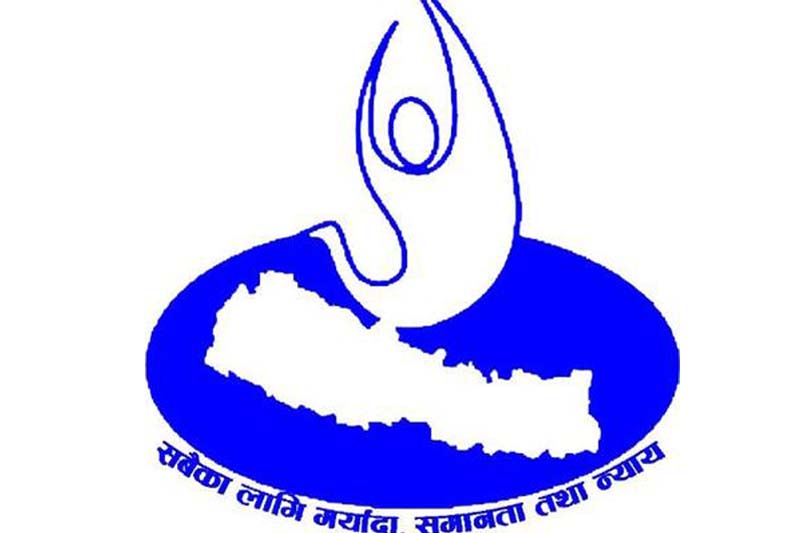NHRC doing precious little
Kathmandu, October 2
The National Human Rights Commission launched an investigation into the rape and murder of Nirmala Panta barely a week after the incident on July 26, but it has yet to come up with a report. According to stakeholders and rights activists, the delay has raised serious questions on the ‘competence and autonomy’ of the constitutional body ‘which has the power to do way more than what it is doing’.
Women’s rights activist Hima Bista said the delay in publishing the NHRC investigation report raised doubts whether the report would also be shelved like the government-formed commission’s report.
“There is also a possibility that NHRC probe has found something crucial and it is being pressured not to make it public,” said Bista.
Bista said if the NHRC was facing such issues it should come clean, and if not, it should tell the public the status of the investigation and why it was taking so long. “NHRC’s silence is surprising,” she said. “I think it’s time we questioned its competence because we turn to NHRC if the state fails to deliver justice.”
Nepali Congress lawmaker Pushpa Bhusal, one of the MPs who took the initiative to register a resolution motion to end violence against women in the Parliament on August 24, expressed a similar view.
Bhusal said since the state was trying to influence the investigation process, the NHRC could have directed the government not to use force and let the investigation be carried out independently.
According to Bhusal, the NHRC could have talked to the locals and witnesses even if the evidences had been destroyed, and come up with at least local people’s view on the matter that could have aided the investigation.
“The government and the police conduct the investigation from the legal point of view, but this case is a crime against humanity and legal investigation alone is not adequate. In this situation, the NHRC has a huge role to play in holding the government and police accountable.”
The NHRC, however, states that the investigation is under way and only statements of a few authorities are left to be recorded. NHRC Spokesperson Mohna Ansari said they would make public details of the report even though they were not authorised to publish the detailed report with evidences.
Another NHRC member Prakash Osti said its investigation team had already submitted a draft report, but since it lacked details, the team was asked to complete it.
Denying any pressure on the NHRC, Osti said the delay was due to certain procedures the NHRC had to follow. “Since we are a constitutional body, we cannot just make a statement that cannot be proved,” he said. “On top of that, criminal investigation takes time as new aspects come out every now and then.”
Osti estimated that the report would be finalised in two weeks. He, however, said he was not in a position to say whether the report would be made public or not as the decision had to be taken unanimously by all members of the commission. “Once we get the final report, all of us (NHRC members) will study it and come up with a decision,” he said.






